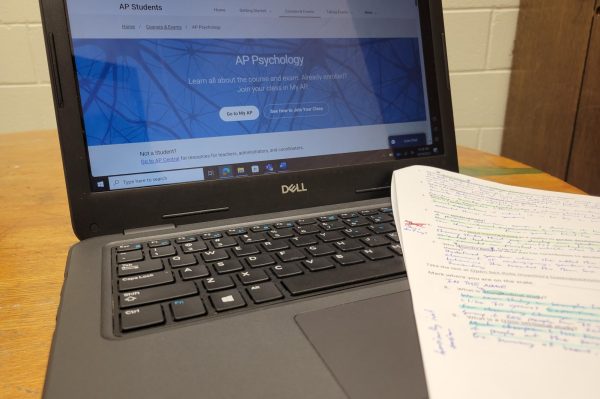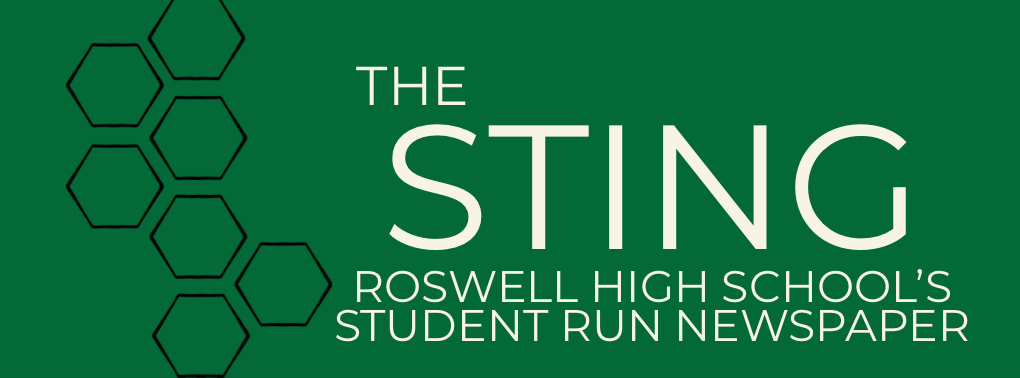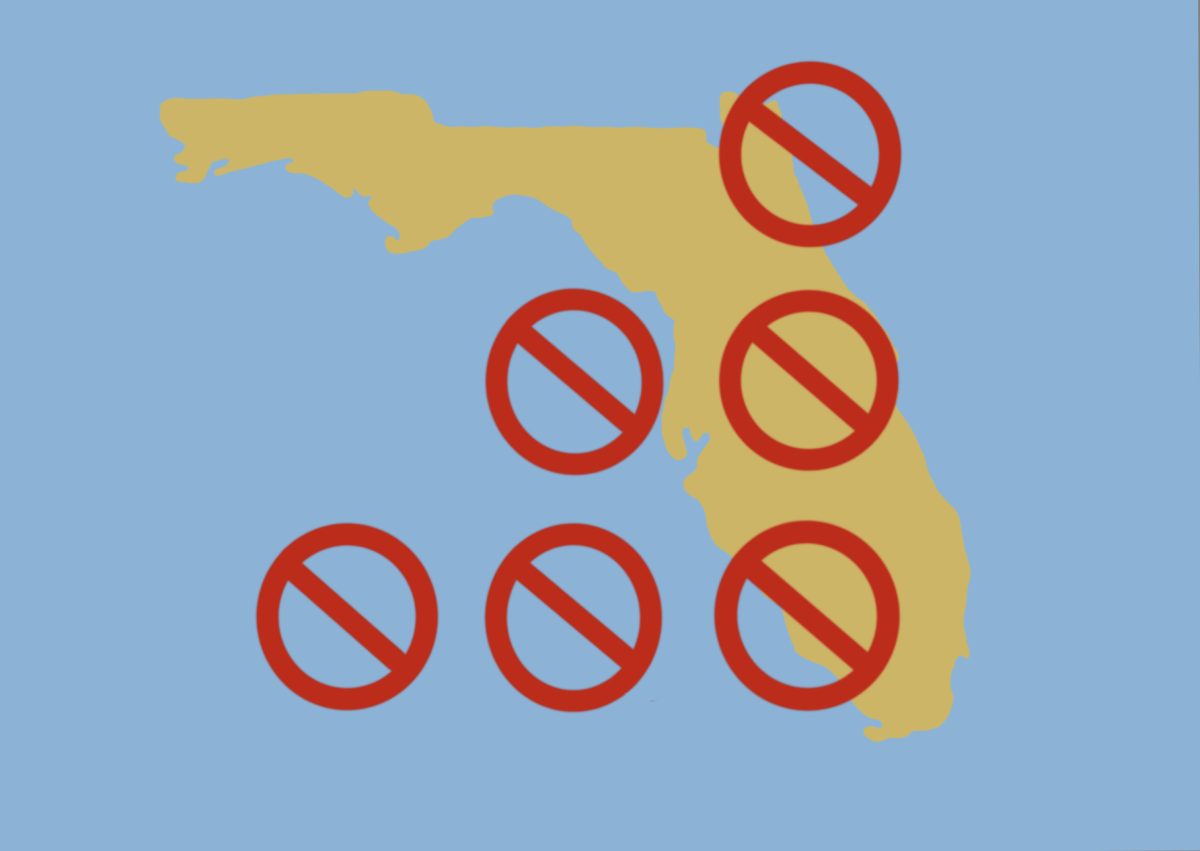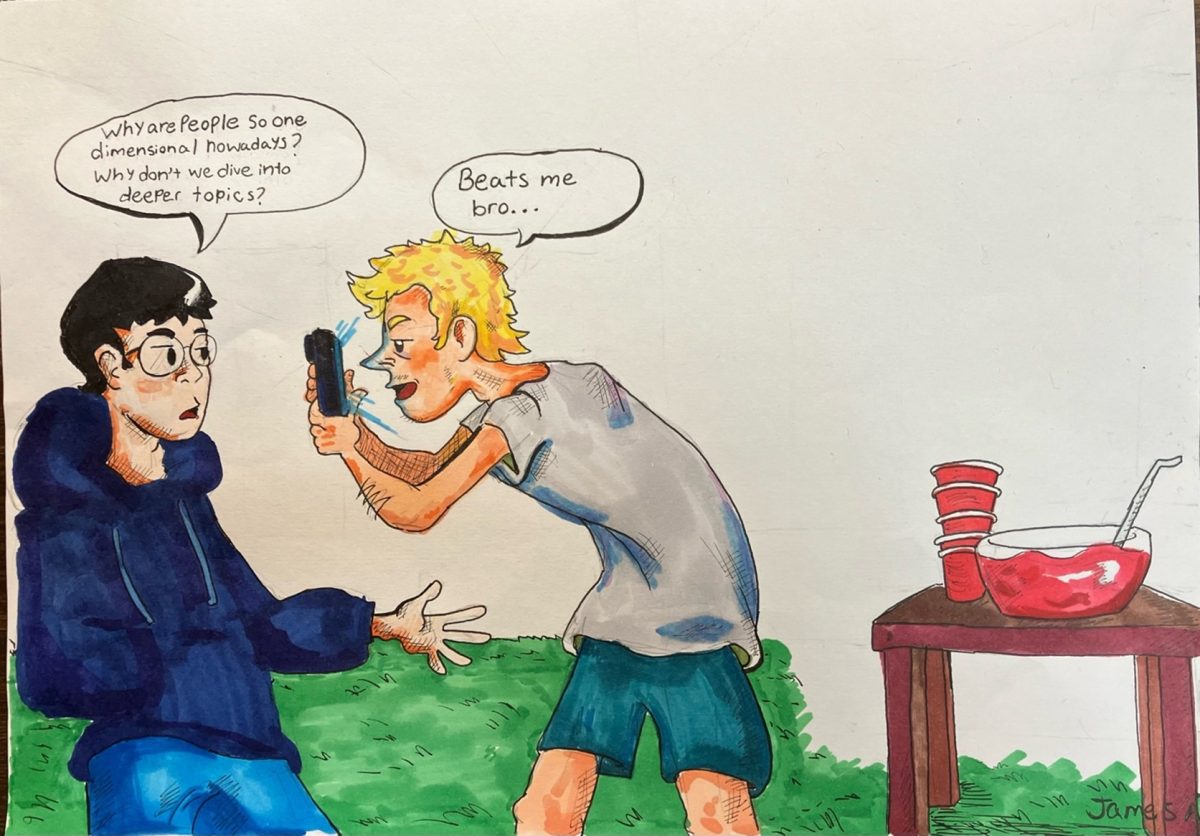To clear up any misconceptions about the situation, AP Psychology is not banned in Florida as of now. Prior to a statement from State Commissioner of Education Manny Diaz, the fate of the course was at risk. Nonetheless, the conflict between the non-profit College Board and Florida Board of Education over the course is the most recent example of the state’s emotionally fraught social wars affecting schools.
The College Board refused to fulfill the state’s request of editing out content pertaining to gender and sexuality in the course to fall in with Florida House Bill 1069, which restricts what students can learn about such topics.
Hence on Aug. 3, 2023, the College Board released a statement announcing that Florida has effectively banned AP Psychology. For students to be considered for college credit, teachers must instruct the course in its entirety. This being impossible if doing so violates the law.
On Aug. 4, Manny Diaz said that the course could still be, “taught in its entirety in a manner that is age and developmentally appropriate.” Five days later, he clarified that the portion relating to how sex and gender impact socialization and other areas could still be taught correspondently to the law.
Roswell High School’s AP Psychology teacher, Meredith Drummond says, “We talk about the development of gender which is more of a cognitive process and then also the physical development of organs that are involved with sex. All in all, it’s less than a day of our entire curriculum.”
Florida has been especially prominent in the media for constraints on what can be taught in schools. Last January, they refused to join the piloting of AP African American Studies. The course includes units featuring the beginnings of African diaspora, struggle against slavery, Reconstruction and politics, and various movements and debates. This decision was tied into the state’s “Stop WOKE” Act, which limits race-based discussions in schools and businesses.
The fact that Florida school districts have to stress over this feud is ridiculous. Certain districts such as Miami-Dade County and Leon County will keep the course this year, while Polk County Public Schools will continue using alternative options for college credit. Unsurprisingly, the announcement caused much disarray for schools and especially AP Psychology teachers in the state. The Florida Department of Education reported that it was the fifth most popular AP course there.
This mess would not have occurred if there were not attempts to completely avoid discussions surrounding topics that some may find uncomfortable in school. I find the multiple ventures in recent years to restrict conversations about race, sexuality, and gender identity in education to be harmful.
High school is a stepping stone into adulthood. We learn an immeasurable number of elements about our interests and the world around us. Here, we create the basis of our opinions which can influence how we vote and the way we navigate through adult life.
Topics like race, gender, and sexuality will not magically disappear if we try our best to ignore them, and they will continue to be as or even more prominent than they are today. Why should subjects that are especially dominant today be barred from schools under the pretense that they aren’t appropriate? High school is meant to prepare one for the real world, where it will be difficult to not experience some level of interaction with them.
Decisions like the temporary AP Psychology ban are less about concern over what is and isn’t right for high school environments, and more so as an attempt to constrict students’ exposure to current concepts just because they are considered “contentious.”
In addition, AP courses are entirely optional as opportunities to gain college credit in a high-level environment. Therefore, what is stopping one from either choosing not to take a class or opt out of a lecture they find objectionable? Students rather than lawmakers are the ones with the choice of what courses they take.
These courses have not experienced as much conflict in Georgia seeing as Roswell High School offers both. However, the same cannot be said about the widespread book banning which picked up speed in 2020. The American Library Association Office for Intellectual Freedom reported 695 attempts to censor library materials and services and challenges for 1,915 individual titles from January to August 2023. The number of challenged unique titles increased by 20% from 2022 reports of the same time frame, coinciding with intensifying efforts to restrict classroom conversations.
Four titles are currently banned from Fulton County Schools’ libraries: “Flamer,” “Blankets,” “Me and Earl and the Dying Girl,” and “Gender Queer.” Books are an excellent tool for discovering what is valuable to someone. Yet the banning of certain books over parental concern takes away the value one could have gotten out of that reading experience. While these books can also be read from local public libraries, banning them still takes away the choice from the student.
There is a conversation to be had on trends of how the books that are most prominently being targeted for bans focus on gender, sexuality, and race, so they often align with courses either being restricted or banned entirely.
While Georgia has yet to bar AP Psychology or AP African American Studies, the state can still follow alarming trends. It is startling to think what constraints are in store next for schools and what the effects of those will be.









